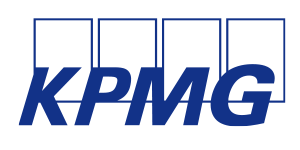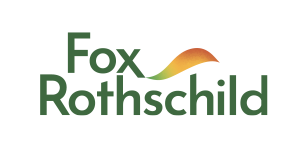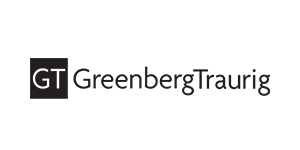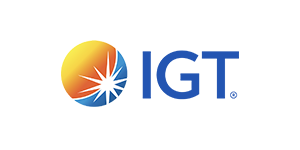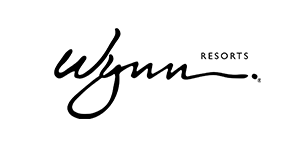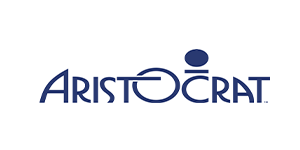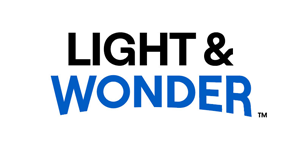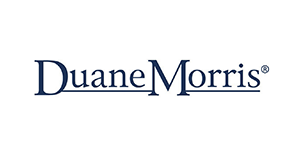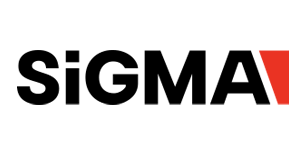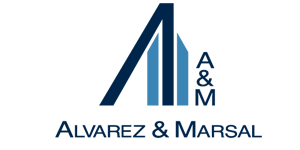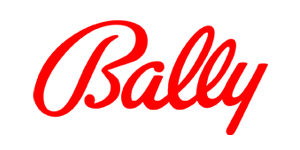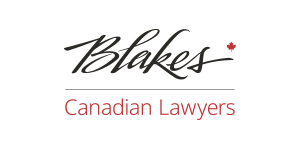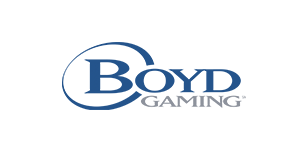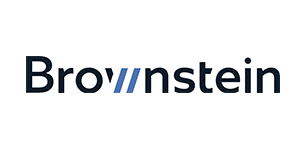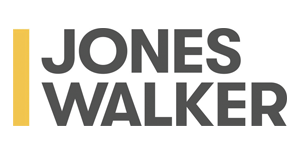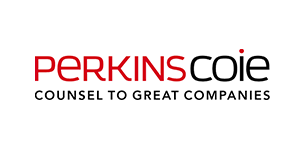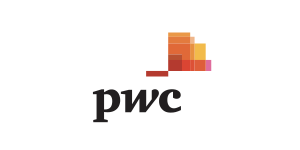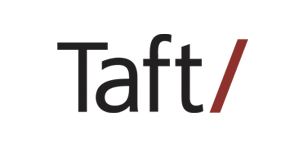- Home
- About IAGA
- Bylaws
- Our History
- Our Leadership
- Our News
- Events
- Membership
- Sponsorship
|
New Jersey: Idling on standby casinos finally switch back on
Expert Insight published in G3 Magazine, September 2020 and provided by Lloyd D Levenson, CEO of Cooper Levenson There are nine casinos open in New Jersey with an unlimited number of licences permitted plus there is online gaming (including casino and poker games), sports betting and the New Jersey Lottery. Gross gaming revenues saw a 19 per cent increase in 2019 to $3.47bn compared to $2.90bn in 2018 whilst tax revenues were $349.8m, a 26 per cent increase.
This is also the highest in a decade.
New Jersey’s Atlantic City is the second largest gaming state after Las Vegas Strip but has retracted over the years due to competition from other state casinos. Five casinos closed between 2014 and 2016 although two of these (Hard Rock Hotel Casino and Ocean Casino Resort, formerly Trump Taj Mahal and Revel) were reopened in 2018. This coincided with legislation in June 2018 authorising casinos and racetracks to operate landbased and online sports betting. By the end of 2019 sportsbooks were opened in eight AC casinos and two racetracks.
The state also offers online casino gaming approved in 2013 and by end 2019 there were 24 internet casino websites and 17 online sportsbooks. Sports betting revenue was $299.3 compared to $94.02m in 2018 and online sports betting was responsible for over 80 per cent of the revenue.
Governor Phil Murphy has said the Coronavirus induced recession in the state will take years to recover from and is reeling from the burden of rising medical and unemployment costs and a huge drop in tax receipts. NJ has been one of the hardest hit states with more than 182,000 confirmed cases and 15,825 deaths as of July 29.
Last year was a record year for tourism in the Garden State with 116m visitors, an increase of 4.9 per cent over 2018. Total spend was $46.4bn generating over $5.1bn in state and local taxes. Direct DGP to tourism spend totalled $21bn (3.2 per cent of state economy). Nearly half of this income is generated by four counties along the Jersey shore. Travel spend during the first four months of 2020 had dropped by 87 per cent compared to last year whilst total spend in 2020 is expected to decline by a third compared to 2019. Unemployment rate in May was at 15.2 per cent, an 11.4 per cent increase on February’s rate.
Meanwhile total state gaming revenue during the month of May was $95.8m compared to $276.7m in May 2019 – a 65 per cent decrease. Casinos showed zero income and sports wagering a 36 per cent decrease to $15.5m in 2019 to $9.9m in May 2020. Online gaming however saw a 124 per cent increase in May 2020 from the same period in 2019 to $85.9m (compared to $38.3m). Total gaming revenue during the month of June was $97.6m compared to $283.8m in June 2019 – a 65.6 per cent decrease. Casinos again showed zero income whilst sports wagering saw $12.6m in revenues ($9.7m in 2019) a 30 per cent increase. Internet gaming win was $84.9m that month compared to $38.1m in 2019 – a 123 per cent increase.
After a relative monopoly on gambling during the 1980s and 1990s, New Jersey now faces tough competition from surrounding states. Sports betting is still limited in New York but is due to be discussed further this year whilst there is a new casino due to open in Philadelphia Although Hard Rock and Ocean Casino’s revenues more than doubled during the first 12 months of reopening since June 2018, the other seven casinos have reported a decline in gaming revenues last year. The nine casinos offer over 15,000 guest rooms with a 79 per cent average occupancy rate in 2019.
In the fourth quarter of 2019 the casinos saw a total of $740.4m in net revenue. In the first quarter of 2020 revenues decreased by 14.5 per cent compared to the same period in 2018 to $595.7m whilst gross operating profit decreased 65.4 per cent to $29.6m. Hotel occupancy was at 68 per cent. Meanwhile New Jersey has become the largest sports betting market outside of Nevada and is one of four states with online gaming. The sports betting sector saw revenues with a 61.6 per cent increase in 2019 to $482.7m as online casinos were able to promote their games to a growing customer base of online sports bettors. The online casinos were responsible for 95 per cent of this revenue with poker and other peer to peer games making up the remaining.
POST CV19 OUTLOOK by Lloyd D Levenson
“For the past two decades, Atlantic City has seen its fair share of hurdles. Between a worldwide recession and an increase in multi-state competition, the once touted second largest gaming jurisdiction in the United States has endured a multitude of property closures. The city that once donned the slogan “Always Turned On,” is a city that should be known as “Always Turning On”. For the fifth time since casino gambling became available in 1978, Atlantic City was forced to shut its doors. On 16 March Governor Phil Murphy ordered the indefinite closure of the city’s nine casino properties – Bally’s, Borgata, Caesars, Golden Nugget, Hard Rock, Harrah’s, Ocean, Resorts and Tropicana - in addition to other non-essential businesses statewide. At that time in New Jersey, the most densely populated state, there were only 178 confirmed cases of Covid-19 with three reported deaths.
Through the next three months, Covid-19 took the lives of over 14,000 New Jerseyans with more than 175,000 confirmed cases. By the beginning of July, the daily cases in New Jersey had whittled to under 400, while implementing a statewide mask mandate.
On July 2 with restaurants forced to feature only outdoor dining and other non-essential businesses slowly being permitted to reopen, Governor Murphy allowed casinos to reopen; with the Division of Gaming Enforcement, under the steady leadership of Director David Rebuck, providing strict guidelines in line with CDC and State protocols.
Most notably, Governor Murphy permitted the casinos to open at a maximum 25 per cent capacity, however, prohibiting casino food and beverage service, and even prohibiting smoking in all properties. When attempting to enter a casino, guests are not only required to adhere to the statewide mask mandate, they will also be greeted by employees who will ask standard screening questions including:
While each casino has implemented similar protocols, some casinos have gone beyond State requirements and have installed more novel temperature and cleansing devices to ensure the safety of all guests and employees. Once admitted into one of the nine casinos, slots will look quite different. There is a mandatory open seat policy between gamblers at slot machines, or an open seat between a group of three related people. Additionally, table games has its own set of safety protocols. Plexi-glass barriers separate a maximum of three players at blackjack tables and a maximum of four per roulette table. Eight players is the limit at all craps tables, with dice sanitised for each new shooter. Despite the 25 per cent capacity requirement on the casino floor, the hotels are full, as they are permitted to open at maximum capacity. Moreover, guests will be unable to decline housekeeping services in order to ensure cleanliness. All in all, Atlantic City has “Turned Back On.”
|

